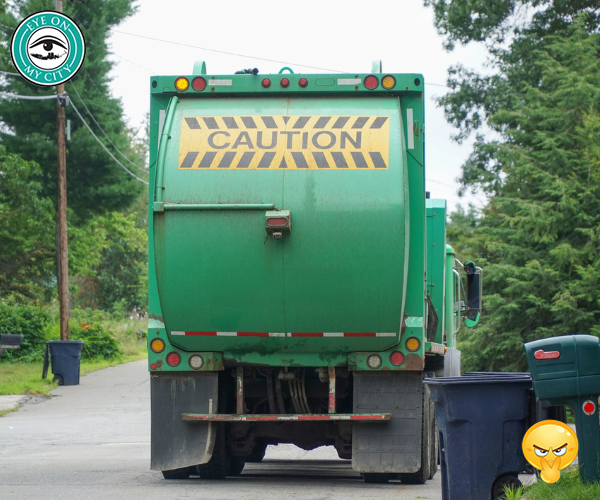Attempts to make the sale of JEA seem like a bonanza may run aground on the hard rocks of reality.
After two years of denying that he sought the sale of the city-owned utility – an idea that is wildly unpopular – Mayor Lenny Curry now seems to be advocate No. 1.
With the billions from the sale, the city could pay off debt and put away a nice little endowment that would generate mucho dinero for ages to come, he said. Curry said it would be in a “lockbox” but hasn’t yet provided details on how politicians would be kept out of the cookie jar.
On July 23 the JEA board voted to explore ways to cope with its declining revenue.
Options include hiring a company to run the utility, exploring the sale or converting into a customer-owned utility like a co-op.
A sale would have to produce at least $3 billion, the board said.
Curry said that amount could eliminate $1.1 billion in general debt and $1.1 billion still owed on the Better Jacksonville Plan of the 1990s.
The city is paying $232 million each year in debt service, while taking in $118 million from the JEA, so there would be a net gain.
Except that the debt payments are limited and the JEA contribution is not.
Curry is an accountant and his numbers sound plausible.
But they all depend on someone rushing it with handfuls of cash eager to buy a shrinking utility company.
Someone with a $500,000 house would love to get $3 million for it, but who would buy?

If any private utility company is chafing at the bit to buy the JEA it isn’t public knowledge.
There is, after all, the elephant in the room.
JEA blundered its way into a $1.2 billion liability in the form of an agreement to participate in a nuclear plant in Georgia.
Whoever buys the JEA presumably will inherit that problem.
Curry is right when he says that is a problem for the JEA. But who is going to buy that problem at a premium price?
It is going to take a little more salesmanship to persuade the public that selling the JEA is feasible.






